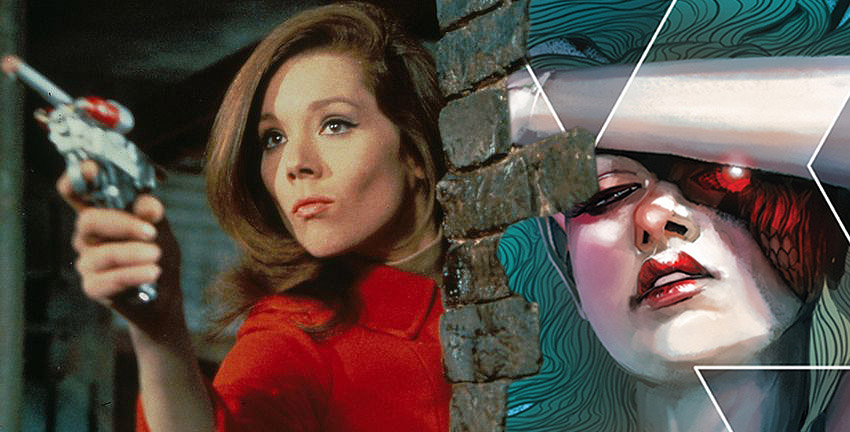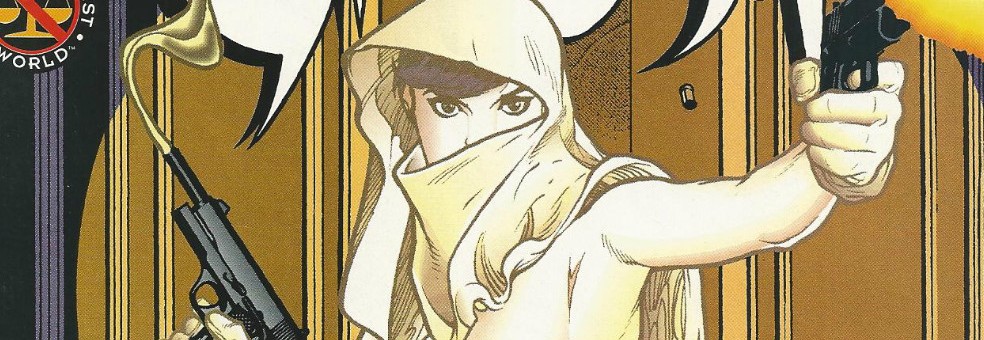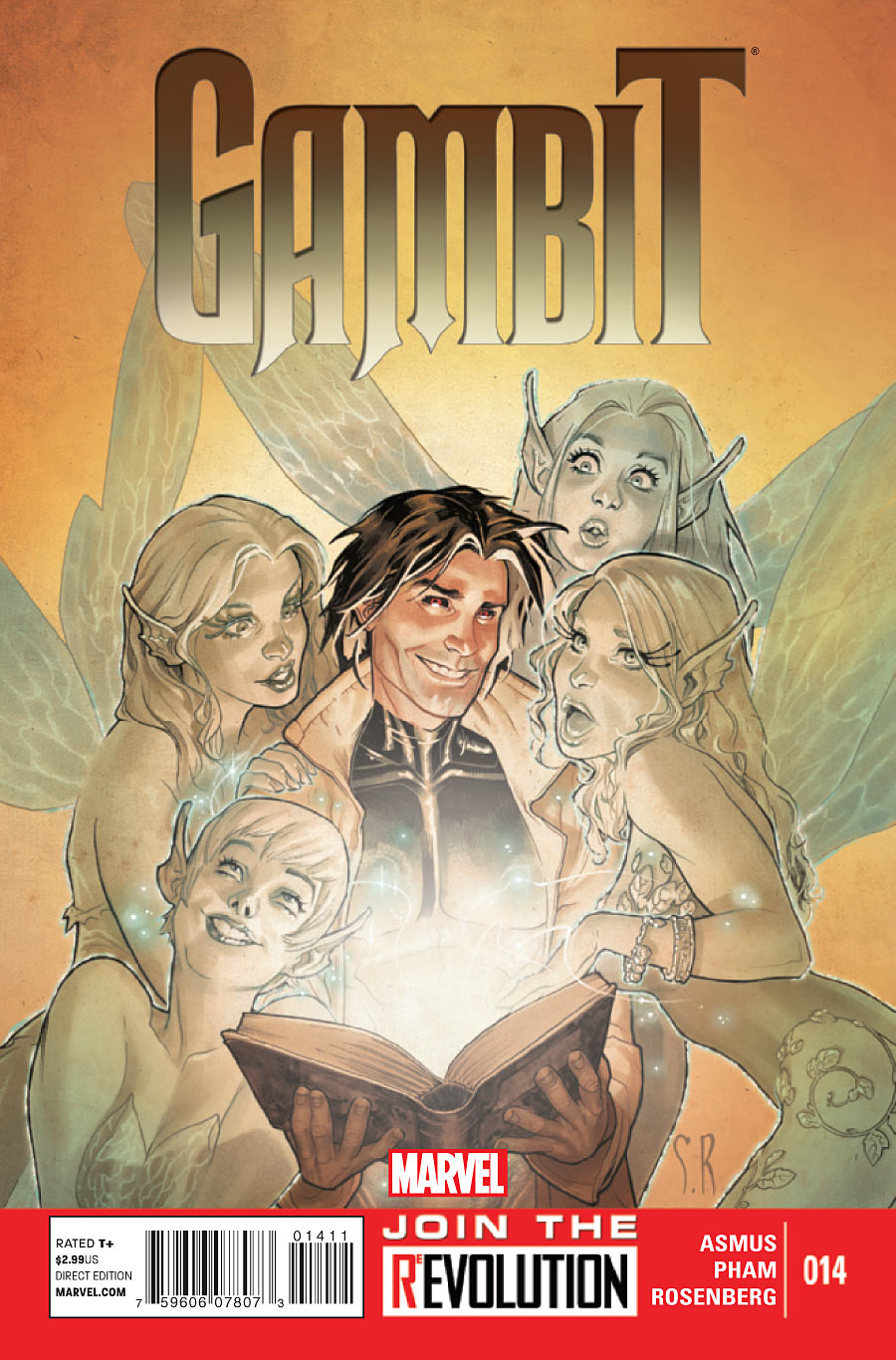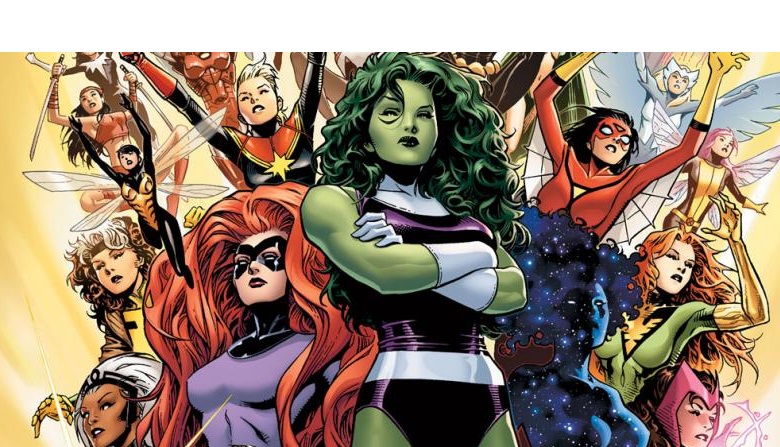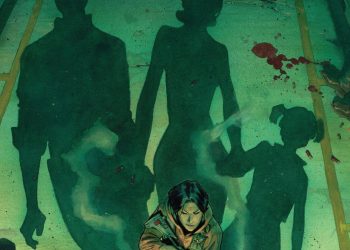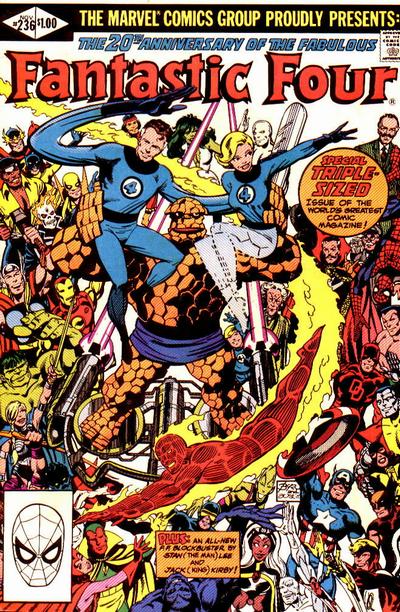
BLACK PANTHER #6: A Nation Under Our Feet (part 6)
Writer: Ta-Nehisi Coates
Penciler: Chris Sprouse
Inker: Karl Story
Color Artist: Laura Martin
Letterer: Joe Sabino
Review by Nate Mondschein (@33andMoonshine)
**Warning: spoilers-lite ahead for BP #6, anyone behind on last year’s MacArthur Genius Grant awards, and quite possibly the biggest mic-drop of a last page you’re going to see all year**
It takes a certain level of genius to write genius.
Among his many heroic qualities, T’Challa son of T’Chaka is one of the most brilliant minds in the Marvel Universe, and as such is constantly at risk of being underwritten. Luckily, with Black Panther #6, Ta-Nehisi Coates once again turns up to “Full MacArthur,” reminding us of the furthest reaches of storytelling possibility when a talent of this caliber holds the reins.
Before we dive in too far, let me say first and foremost: The fact that I am going to speak so little about it after this paragraph should in no way detract from the phenomenal work the artistic team has done across this series. Chris Sprouse and Karl Story have picked up seamlessly from where Brian Stelfreeze left off after issue #4, delivering detailed yet restrained linework that somehow manages to bloom with intricacy while never feeling cluttered; Laura Martin’s colors craft a consistently vibrant tone that in many ways anchors this expansive world we have been offered a window into (or at moments, signifies a shift from one such world to another with similar deft).
But the real story here is…well…the story.
As has been the case in many preceding installments, we open to the smell of the fire that is already consuming the house: In the interim between issues, former activist/bit-character (if there could be such a thing a series this methodically conceived) Changamire has sparked and fanned the flames of a new, wider reaching arm of the philosophical and political revolution dominating Wakanda (spurred on by the global reveal of T’Challa’s commiseration with the world’s most dictatorial minds). Coates has mastered the art of such deliberate gaps in information, unafraid to fling us neck-deep into a previously unexplored corner of conflict with little or no prior introduction. A lesser storyteller may have milked the moment further, walking us through this portion of the rebellion’s inception and growth step by step to ensure no misunderstandings; Coates instead opts to place faith in both the authenticity and humanity of the characters he has created, as well as in the intellect of his audience and their ability to connect the dots.
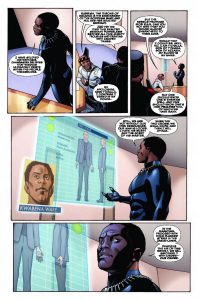
The initial wash can be overwhelming at first. Only as we continue do we realize that perhaps this is the intention: Reality is overwhelming. Reality is incomplete, a constant exercise in dot connecting. What continues to make Coates’ take on the World of Wakanda (#foreshadowing) so compelling is how thoroughly believable it is. Through six issues, we have witnessed each level of this technologically advanced yet culturally and politically stratified society engage in a constant process of action and reaction as the echoes of a single player’s decision bleed out into the surrounding world. It is a shockingly balanced and global take on a story that could just as easily have focused solely on the tribulations of its already fascinating protagonist, as so many prior volumes have. But remember, we’re dealing in genius here.
Any thorough consideration of this series would be criminally incomplete without naming one of its most essential qualities: The current Black Panther comic is, maybe more so than it has ever been before, decidedly Black.
Though it should require no such caveat: in the same way that a statement such as “Black Lives Matter” does not in any way detract from nor conditionalize the significance of white lives, neither does a comic keeping black life at its center infringe upon, impede, or critique the white life that has dominated and likely will continue to dominate this medium’s narratives for many years to come. But to have such a gifted, accomplished, widely recognized black artist present such an expansive, nuanced narrative of black experience, not in contrast to whiteness (not that I don’t love you, Everett Ross), not in concert with whiteness, but simple in and of itself is every bit as important as it is unfortunately rare within the mainstream markets of this industry. It is easy to hail an increase in diversity when an ever-increasing number of characters of color fill the pages of prominent Big Two titles (an important step, to be sure). But true diversity, and moreover, equity, stems from a balancing of the scales with regards to the kinds of story’s that are told, and the kinds of people who are given the opportunity to tell them.

Of course this is not the whole picture. Nor would I assume it is the singular objective or intention of Coates and his creative team. As with all previous installments, Black Panther #6 continues to deliver on every conceivable front a comic book can, with shocking consistency. Offering us a diverse and compelling cast, visually striking action sequences, a healthy dose of Midnight Angels badassery, a hilarious exchange between a phenomenally scripted Tony Stark and T’Challa, and a last page reveal (and nod to the deep catalogue of only recently dethroned King-of-All-Black-Panther-Writing Dominion, Christopher Priest) that will have you on your feet, Coates and Co. continue to entertain without ever feeling to need to shy from engaging and relevant political and cultural commentary.
To say this is more necessary now than it has ever been before would be to ignore three-hundred-plus years of necessity. But at the very least, we can say that it’s about damn time.
Verdict: Buy this. Buy every preceding issue. Buy “Between The World and Me.” Buy “The Beautiful Struggle.” Buy everything Ta-Nehisi Coates has ever done us the favor of writing. The impact of work on Black Panther, on the comics industry, and on society at large will be felt for many years to come


